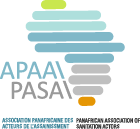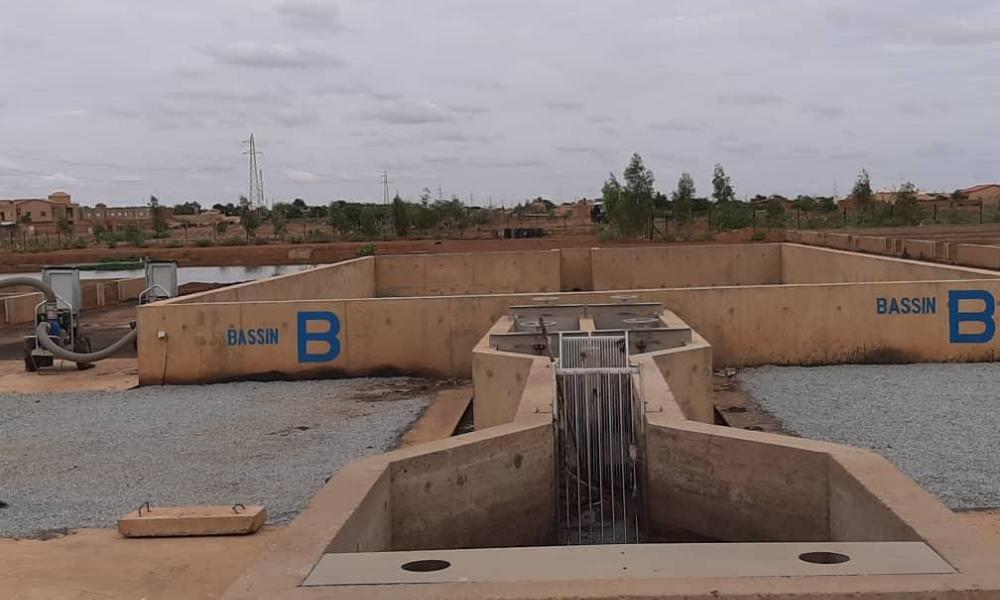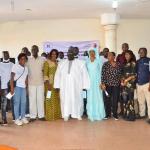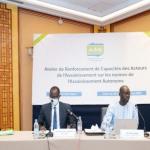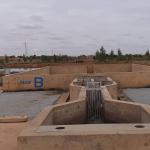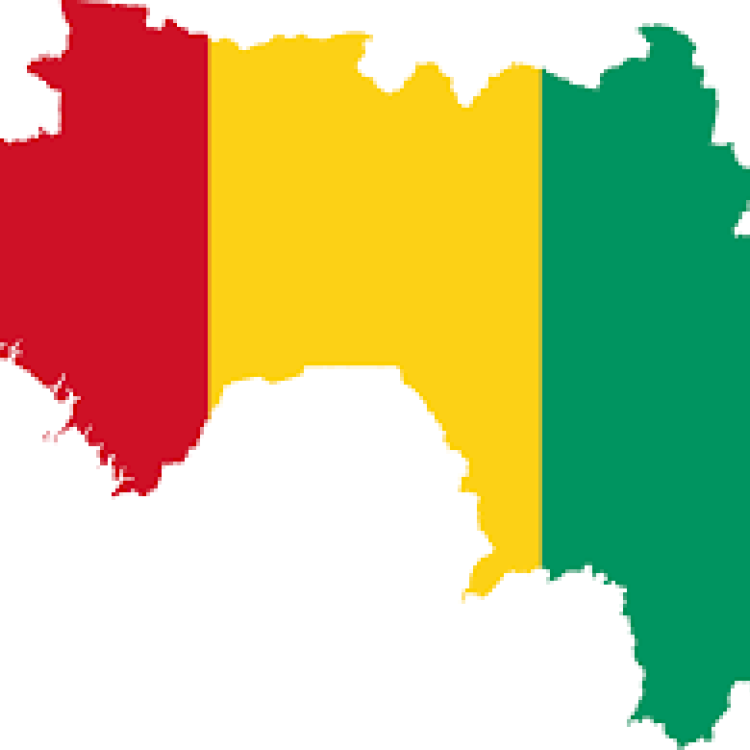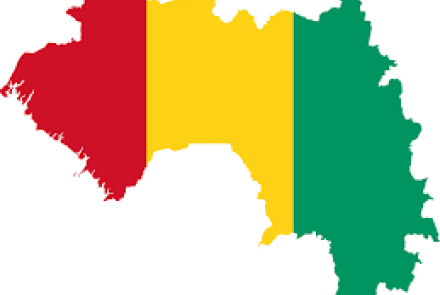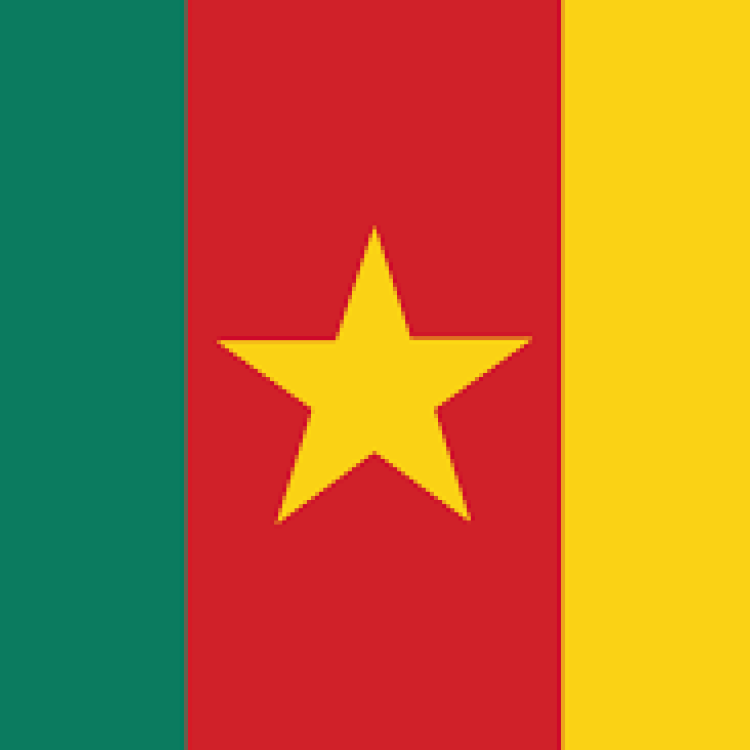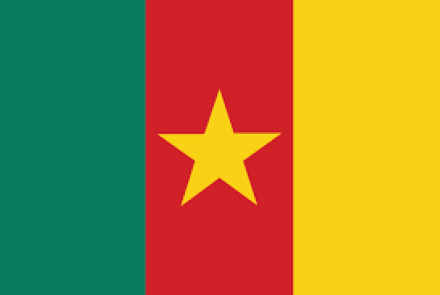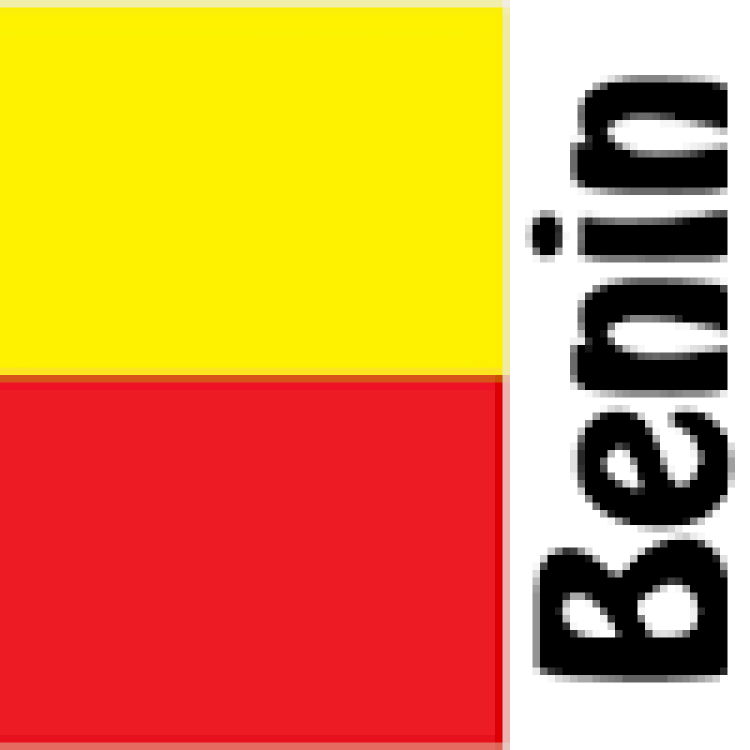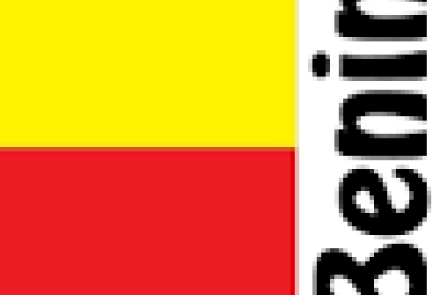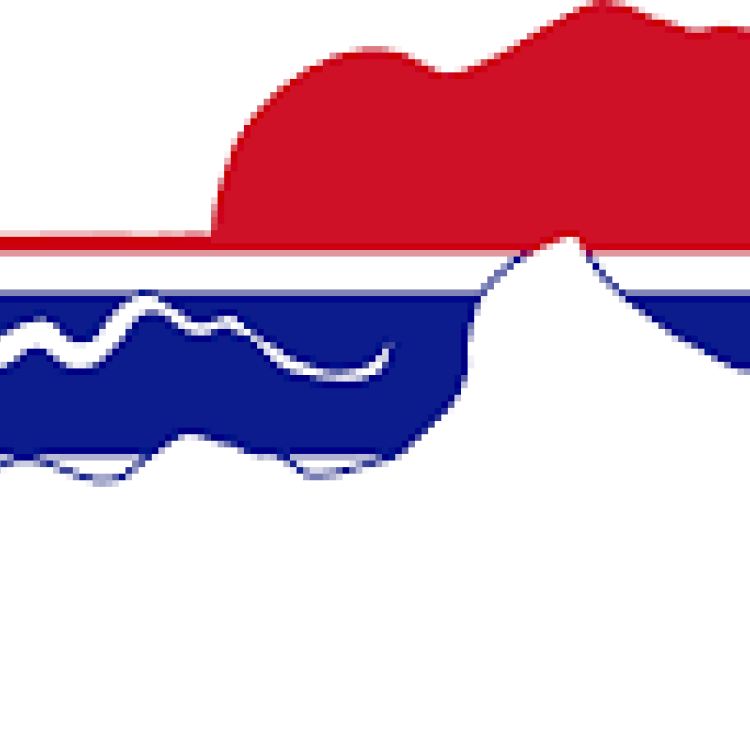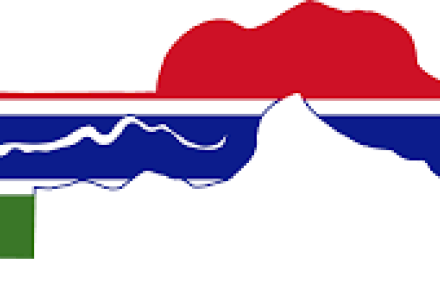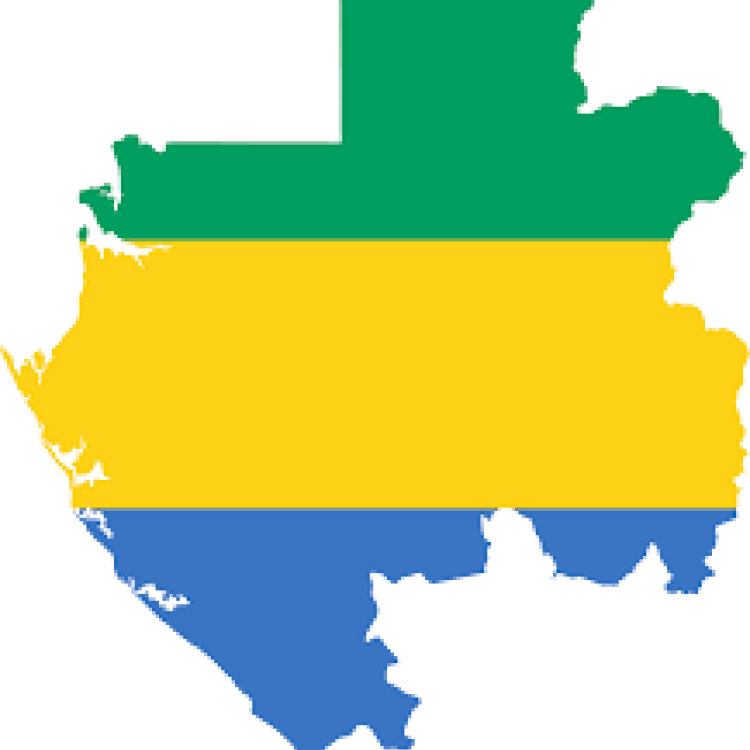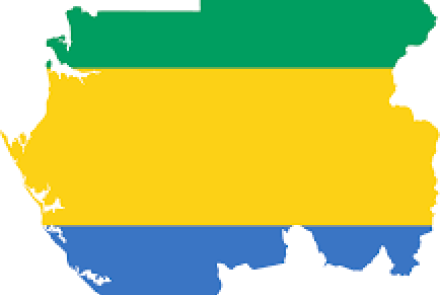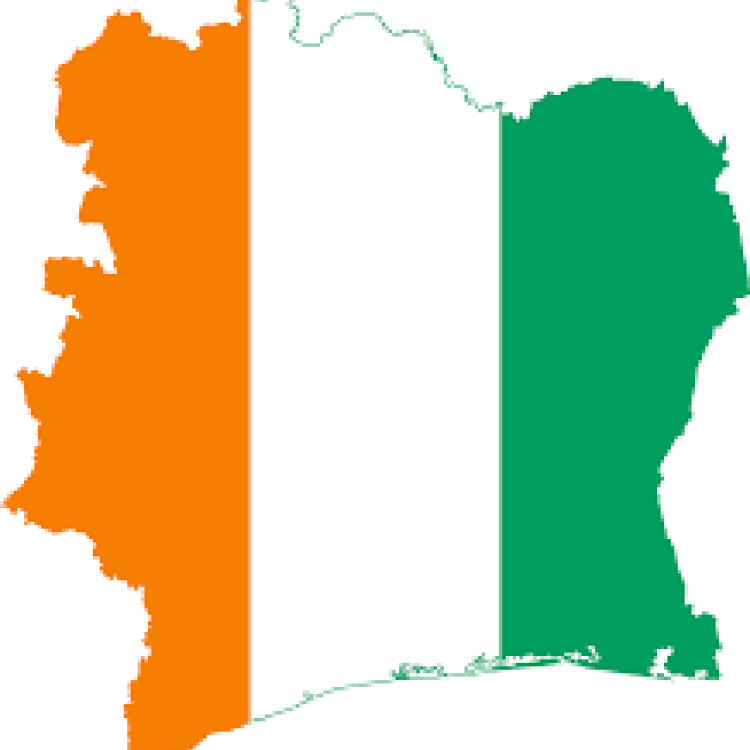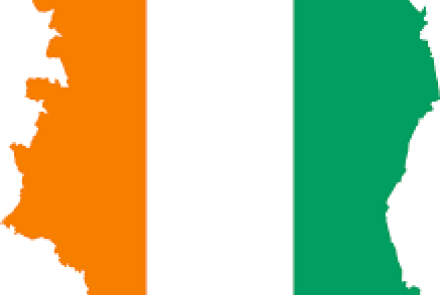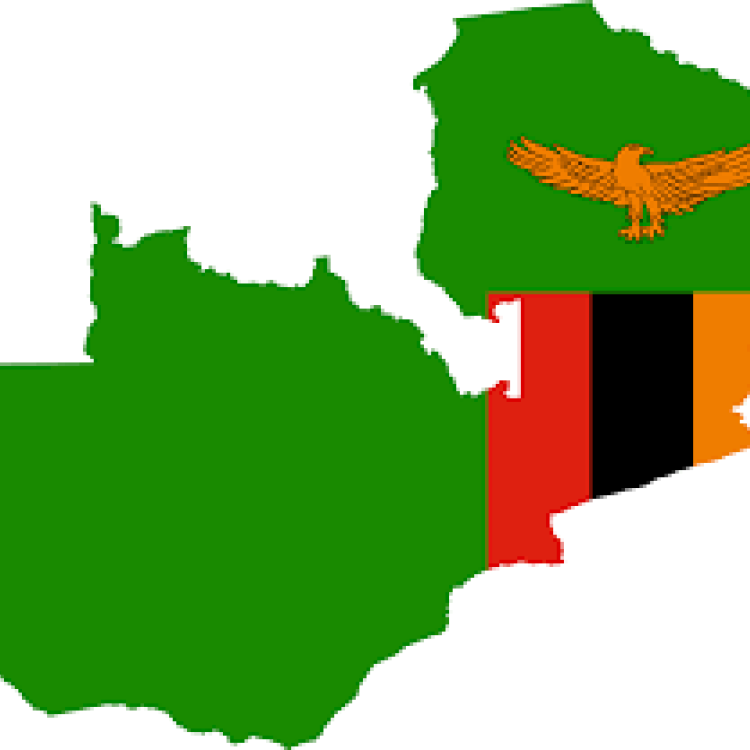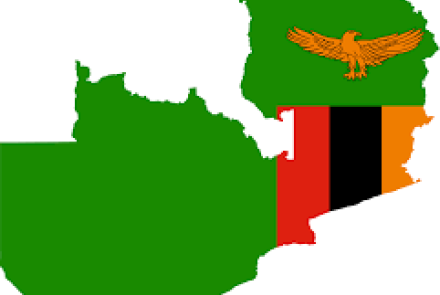The actors of the autonomous sanitation are getting organized
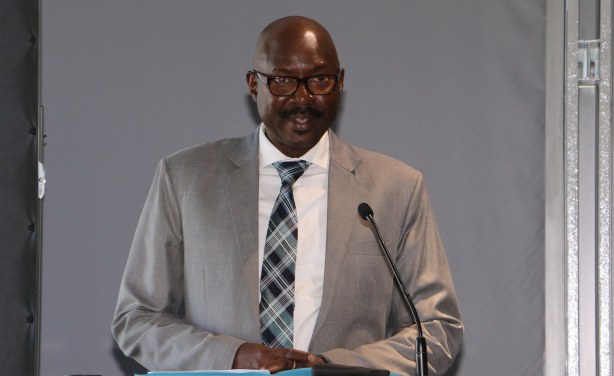
Ibra SOW
President of PASA
INTERVIEW
The organization, which brings together all the emptiers of Senegal, aims to fight against everything that can impact the activity, from subcontracting to substandard dumping, through the proliferation of dumping stations and the monitoring of the recovery of sludge. The partners and the State have a direct interlocutor, the Association des Acteurs de l'Assainissement du Sénégal (AAAS).
Supported by the Office National de l'Assainissement du Sénégal (ONAS) and the Bill and Melanie Gates Foundation, the Association has structured the activities of its members. For the first time, sanitation actors were able to access guarantee funds from banks, which allowed them to renew their vehicle fleet. To date, 29 vacuum trucks have been acquired by the transporters thanks to the support of donors, among others.
Finally, the renewal of the fleet and the structuring of the activity have made it possible to reduce the cost of the cost of emptying to lower the cost of emptying in order to allow of the society to have access to emptying services. to access the emptying services and, consequently, to make the sector profitable. the sector. This increase in the of autonomous sanitation in Senegal Senegal is to be placed in an African African context," says Ibra Sow, who is also the President of the of the Pan-African Association of of Autonomous Sanitation
(APAA). It is an essential platform for the exchange of experiences and complementarities between African countries. The pan-African association is the result of the Strengthening Sanitation Operators' Partnerships in Africa (RASOP) program, at the level of the African Water Association, and aims to participate in technical exchanges between countries. "The positive results recorded by
Senegal and South Africa have attracted the attention of other African countries. They joined forces to benefit from this experience. "Subsequently, I proposed the establishment of a pan-African association of actors in autonomous sanitation (APAA). Today, this entity brings together 23 African countries", recalls Ibra Sow. As in all sectors, the COVID-19 pandemic has slowed down the agenda of the Pan-African Association of Sanitation Actors (PAAS).
"If not for the pandemic, we would have more than 40 member countries today. Moreover, with or without the pandemic, African water and sanitation policies are all converging towards achieving the Sustainable Development Goals. However, for there to be lasting results, a certain stability in the positions of responsibility is needed. "The constant rotation in positions of responsibility and the leadership war can be a hindrance to the maturity of certain projects.
This means that the efforts made by some are often erased, swept aside by their replacement," Mr. Sow said. The Vicas General Manager nevertheless acknowledges that in Senegal, a lot of progress has been made in recent years. "But we must not stagnate, we must get down to work. For this, it is necessary that the politicians let the projects mature and succeed". While waiting for the World Water Forum in 2022, Ibra Sow is counting on the Omniprocessor 2 that arrived from the United States to Senegal.
